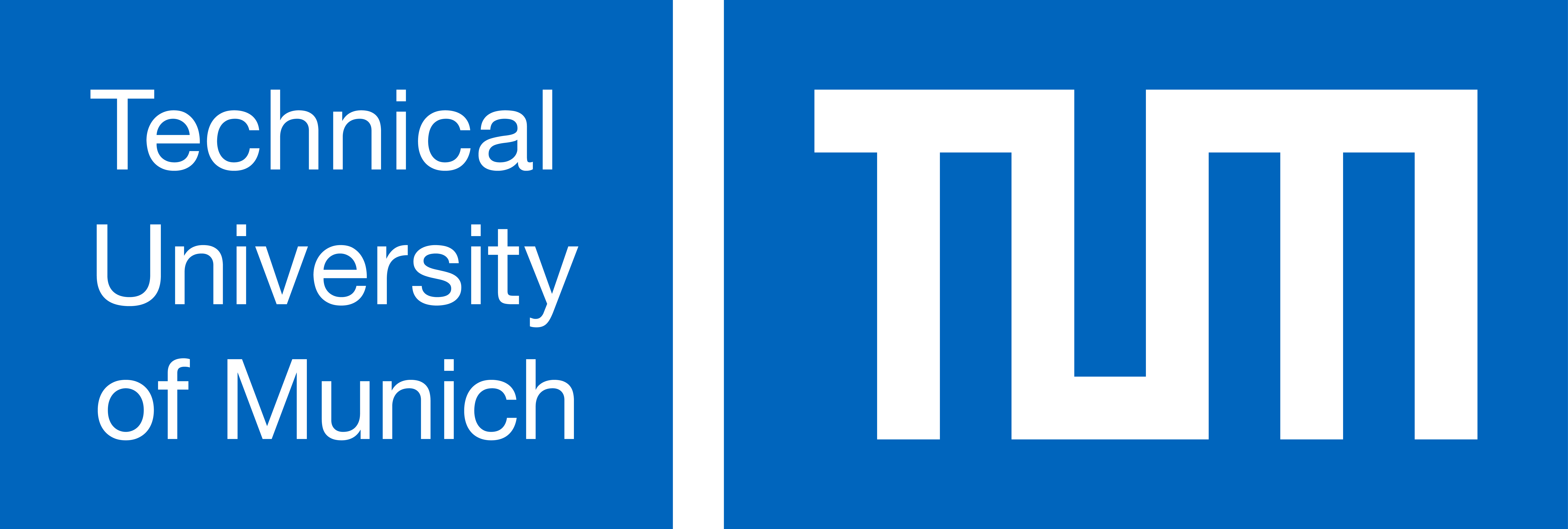About this course
The course is to teach basic knowledge about the diversity and physiology of fungi, and in addition covers more in-depth information on fungal biotechnological applicabilities. A focus will be the unique capability of fungi to degrade and convert plant biomass. Exemplary contents that will be discussed are: gene technology (bio-engineering), plant cell walls as substrate and their degradation, signaling pathways of substrate perception, biotechnological applications of enzyme and small-molecule production, as well as application of fungi in the agricultural industry. In the practical/seminar part of the course, selected topics will be discussed in more detail by student presentations and with the help of practical examples. In addition, an excursion to the Clariant Sunliquid demonstration plant in Straubing is planned, where bioethanol is being produced from fungal conversion of biomass.
Learning outcomes
After successful participation in the module, the students will have advanced knowledge of the biotechnological applications of fungi for the production and development of natural and artificial biocompounds. They will be able to: • recapitulate the fungal metabolic capabilities • comprehend and name the fundamental signaling pathways for metabolic adaptation • using selected examples, classify the respective enzyme systems and their functions in anabolic/catabolic reactions • understand the molecular techniques for genome manipulation and strain development and discuss them • critically assess the pros and cons of the presented production systems. Moreover, the module is intended to help develop problem-solving skills as well as to foster the interest for eukaryotic microbiology, it's advantages and disadvantages, and the importance particularly of filamentous fungi for environment and industry.
Examination
The examination takes the form of a written exam (60 minutes) and a presentation (60 minutes; pass/fail credit requirement). Regular, active participation in the courses is expected. A written exam (60 min, graded) serves to test the theoretical skills learned in lectures and seminars. In the written exam, the students show whether they are able to structure the knowledge they have acquired and present the essential aspects of the topics discussed. In addition, they should also show that they are able to combine the interrelationships of the molecular biology of fungi in a meaningful way and transfer them to similar topics (e.g. a current but not discussed topic of fungal biotechnology). The presentation (in English) with subsequent discussion is designed to teach independent scientific research and to demonstrate the ability to present complicated scientific relationships in a structured and logical way. The module grade is determined by the grade of the written examination. The module is passed if a grade better than 4.1 is achieved and the course work (lecture) is successfully completed.
Course requirements
For better understanding, basic knowledge of microbiology is advantageous.
Resources
- Unfortunately no text book is available that covers all the contents of the course, but the following sources are good for basics and as additional reading: - Money, Nick, 2007, “Triumph of the Fungi: A Rotten History”, Oxford Univ. Press - Hudler, G.W., 1998, “Magical mushrooms, mischievous molds”, Princeton University Press - Kendrick, Bryce, 2000, “The Fifth Kingdom”, 3rd ed., Focus Pub/R Pullins Co - Kavanagh, Kevin, 2011, „Fungi – Biology and Applications”, Wiley-VCH - Arora, D.K., 2004, “Fungal Biotechnology in Agricultural, Food, and Environmental Applications – Mycology Series; Vol. 21”, Marcel Dekker, Inc. - Kück, U. et al., 2009, “Schimmelpilze – Lebensweise, Nutzen, Schaden, Bekämpfung“, Springer - Kubicek, C.P., 2013, “Fungi and Lignocellulosic Biomass“, Wiley-Blackwell
Activities
Teaching technique: Lecture - teaching method: presentation; development of general concepts on the chalkboard In the demonstration: teaching method: talk, demonstration; learning activity: research of relevant literature, prepare and give a talk, contructive discussion of the contents
Additional information
- More infoCourse page on website of Technical University of Munich
- Contact a coordinator
- LevelMaster
- Contact hours per week4
- Mode of deliveryHybrid
Starting dates
13 Oct 2025
ends 6 Feb 2026
